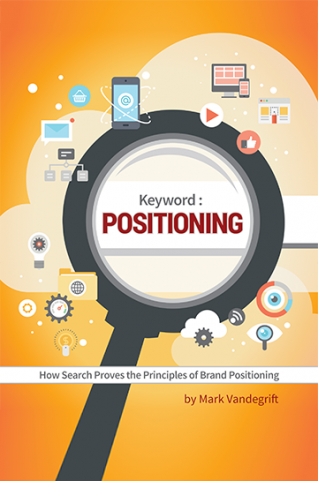Google, Amazon, Apple, Facebook and Microsoft are in a five-horse race to dominate global business.
Does it feel like we’re getting close to something big, dramatic or maybe even bubble-bursting?
Things seem to be changing at a faster pace. Business growth is at an all-time high. The stock market pushes it record higher and higher. We’re in our ninth year of a bull market — the second-longest run ever. Is this frothy market overdue for a correction?
Have interest rates ever been this low for so long? Unemployment is the lowest it has been in 16 years, and there’s almost no inflation.
Weird.
Tensions are high on many fronts. The weather’s getting more erratic, costs are skyrocketing for higher education and health care, and we can’t always tell the difference between real news and fake news. Now we have missiles over Japan and 500-year floods on the Gulf Coast.
The world is a tumultuous place, and many of us find comfort staying in the business realm.
Business growth leads to Business Behemoths
But that’s a dicey place these days, too. Business growth is hurtling headlong somewhere. As I read about capitalism, monopolies and algorithms, I wonder: When is “too big” too big?
Tech companies are buying brick-and-mortar companies (Amazon acquires Whole Foods) and brick-and-mortar companies are buying tech companies (Walmart acquires Jet.com). Where is it all going?
Business behemoths Google, Amazon, Apple, Facebook and Microsoft are in a five-horse race to something even bigger. The question we have today is: Are these five chasing the results that will make the world a better place? We should all have some healthy skepticism.
Google’s job is to sell keywords to companies, and it controls 90 percent of search. The internet’s largest retailer, Amazon, wants to sell us just about everything. Facebook’s job is to keep us posting and clicking all day long and controls 80 percent of mobile social traffic. Apple is the largest company in the world, making the cool, can’t-do-without hardware, while Microsoft writes the software we all use even if it isn’t cool.
Tech firms like those five understand it’s best for them to project a progressive image. We are reminded of the line from “The Wizard of Oz,” “Pay no attention to the man behind the curtain, just move along!”
Meanwhile, our Big 5 seem to be taking over everything. About a decade ago, Microsoft was the only tech company in the top five in market capitalization. Today, Microsoft is joined by its four tech brethren in making up the top five companies in market cap.
Is our new religion the almighty algorithm and pope Steve Jobs along with his bishops Zuckerberg, Gates, Bezos and Page?
Each of these tech companies has more money than many countries. They are the new nation-states.
As we observe these companies gaining in size and clout, it is good to remain objective in our judgment about what they are doing.
So, we ask: Are they doing something wrong? In many ways, I suppose, no. The game of capitalism is about winning customers. It’s about beating your competitors. The tech giants are mighty competitors. They are winning. They are taking a lot of other companies’ business away.
To add to the equation, these digital companies are on the right side of history. The world, and just about every company and person in it, is moving toward digital. Yes, the wind is behind their sails.
But too much of even a good thing can turn out to be a bad thing. Water might be the single-most needed substance to sustain life behind the air we breathe, but drinking too much water can be fatal.
Did those companies just get too big? With so much concentration of wealth, power and control held between only five companies, what might happen?
Many experts say we already are seeing a reduction in innovation and fewer startups. These mega-sized companies, meanwhile, continue to put distance between themselves and the companies trailing them.
Is it time to break them up?
In the late 1800s, Standard Oil controlled close to 90 percent of refined petroleum. In 1911, it was broken up on antitrust grounds.
The Bell System monopolized the telephone system for most of the 1900s. In 1956, the U.S. Justice Department prevailed, resulting in a huge concession: Patents past and future were shared, some with a small fee. This resulted in the creation of some of our country’s finest companies, such as Fairchild Semiconductor, which basically became Intel; Motorola; Texas Instruments; and many other startups.
These and other antitrust cases have come and gone over the years, resulting in decisions that result in regular innovations that deliver consumers the benefits of faster, better and cheaper. Free enterprise, with antitrust oversight, is a reason the U.S. still is a great place to do business.
Should we continue to let the marketplace be free to compete? Or have some of these companies become too big?
Yes, Apple, Google, Facebook, Amazon and Microsoft have made things better, faster and cheaper. These are good things. But when is big too big? At what point does business growth go too far?
“There are exactly two kinds of businesses in this world. Businesses that are perfectly competitive and businesses that are monopolies,” American entrepreneur and activist Peter Thiel said.
In today’s world, how do we tell them apart?
a



